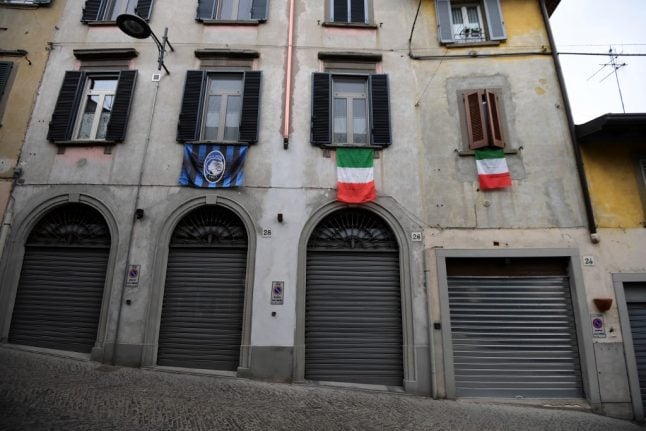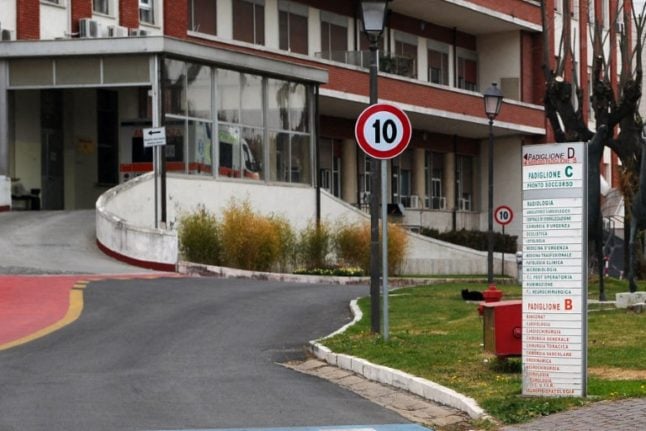Conte told the nation in a television address that the measure represented “the most powerful intervention in the country's history”.
The programme will add to the €340 billion in government-backed loans announced last month.
READ ALSO:
- The coronavirus financial help available in Italy and how to claim it
- Solidarity food baskets hang from Naples balconies to help those in need
- How you can help Italy during the coronavirus crisis
Conte said half of the new package will be earmarked for export-oriented companies whose turnover has imploded over the past month.
He told the nation to be patient in the face of a pandemic that has now officially claimed 16,523 lives and left millions at least temporarily unemployed.
“We will soon see a new spring for Italy but for the moment we must stay at home,” the Italian leader said.
Italy's health “emergency is also an economic and social one,” Conte said.
The government also announced that it will take steps to protect Italian companies weakened by the economic crisis from being taken over by foreign competitors.
“This moment of difficult will not translate into an opportunity to prey on Italian companies,” cabinet undersecretary Riccardo Fraccaro said.



 Please whitelist us to continue reading.
Please whitelist us to continue reading.
Member comments